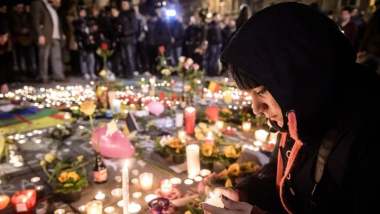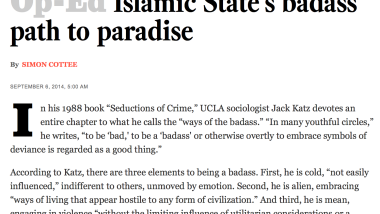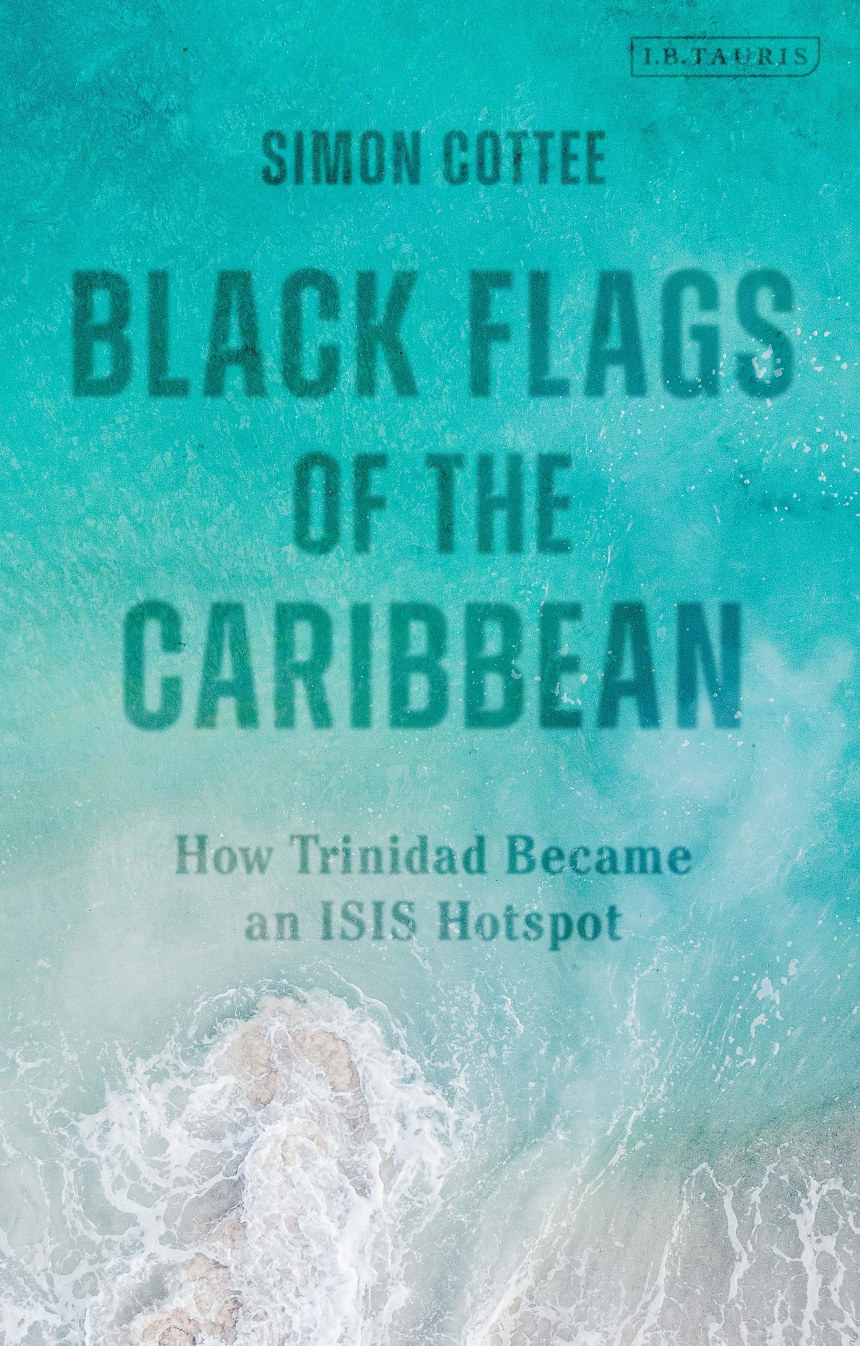Can ex-militants, and their redemption stories, stop anyone from joining Islamic State?
It seems like common sense — enlist disillusioned extremists as credible voices against terrorism and put them to work persuading others to rethink their flirtation with political violence.
Richard Barrett, a former counter-terrorism chief in Britain, told the Guardian: “Many of the people who have been most successful in undermining the terrorist narrative are themselves ex-extremists.” And in a recent report summarizing the stories of 58 Islamic State defectors, scholar Peter Neumann concluded that their narratives “can be important in helping to prevent young people from being radicalized and recruited.”











